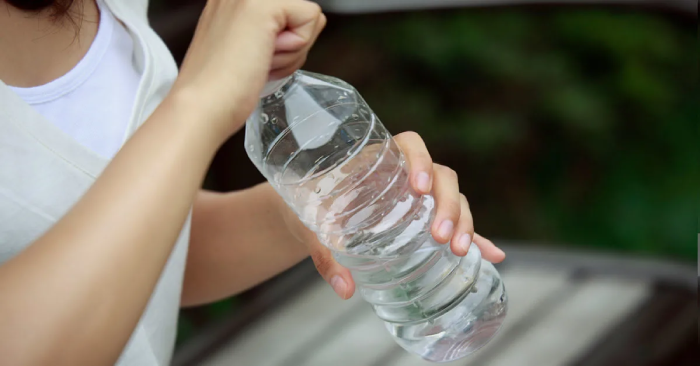Presence of microplastics in drinking water is not fatal for humans : WHO

World Health Organization (WHO) said on Thursday that the level of microplastics in drinking water is not dangerous for humans yet and called for more research into potential future risk.
In its first report into the effects of microplastics on human health, WHO looked into the specific impact of microplastics in tap and bottled water.
WHO said that data on the presence of microplastics in drinking water is currently limited. With few reliable studies, making it difficult to analyse the results.
WHO has called on researchers to conduct a more in-depth evaluation into microplastics and the potential impact on human health.
The organisation has also urged a crackdown in plastic pollution to benefit the environment and reduce human exposure to microplastics. “Measures should be taken by policymakers and the public to better manage plastics and reduce the use of plastics where possible”.
World Health Organization said that microplastics larger than 150 micrometres are not likely to be absorbed by the human body but said the chance of absorbing very small microplastic particles, including nano-sized plastics, could be higher.
“We urgently need to know more about the health impact of microplastics because they are everywhere, including in our drinking water.” Said Maria Neira, director of the Public Health Department at the WHO.
“We also need to stop the rise in plastic pollution worldwide.”
If plastic emissions in the environment continue at the current rate, microplastics could present widespread risks for aquatic ecosystems in a century, which could in turn increase human exposure.
The experts recommended wastewater treatment, which can remove more than 90% of microplastics in water by using treatments such as filtration.
Those measures would have a double advantage as it would also address the problem of contaminated water by removing microbial pathogens and chemicals that can cause deadly diseases.






